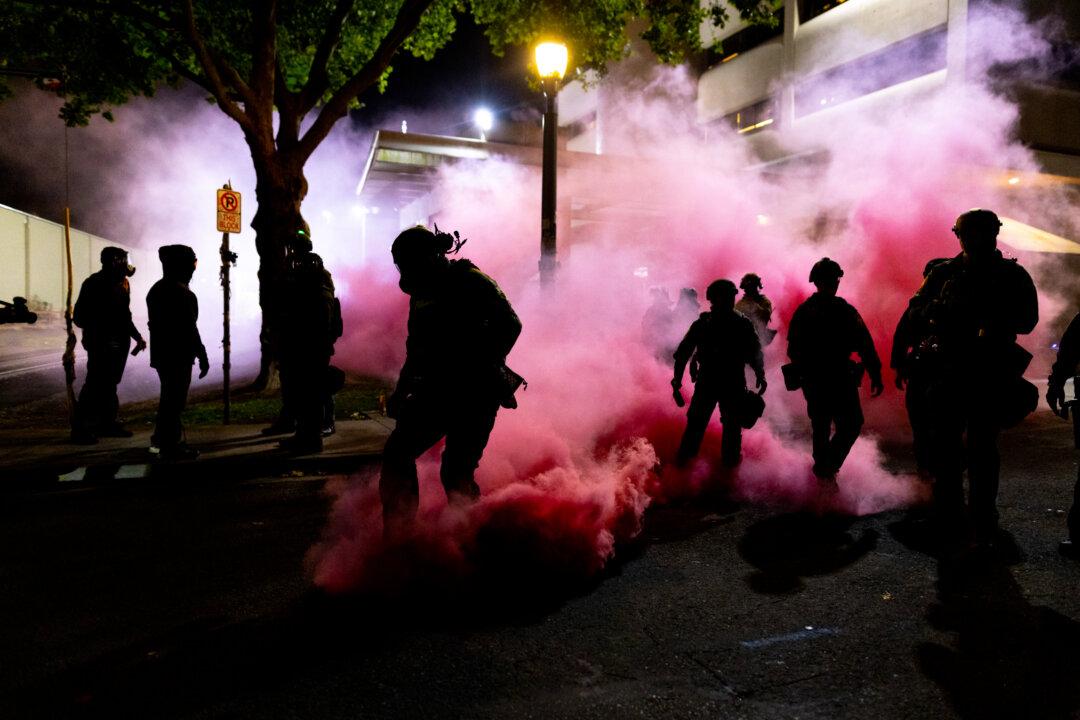Suzanne O’Brien remembers attending a birthday celebration, years ago, and sharing her work with a fellow partygoer.
“The next thing you knew, the entire party was crammed in the kitchen, hanging onto every word I was saying,” O’Brien told The Epoch Times.




